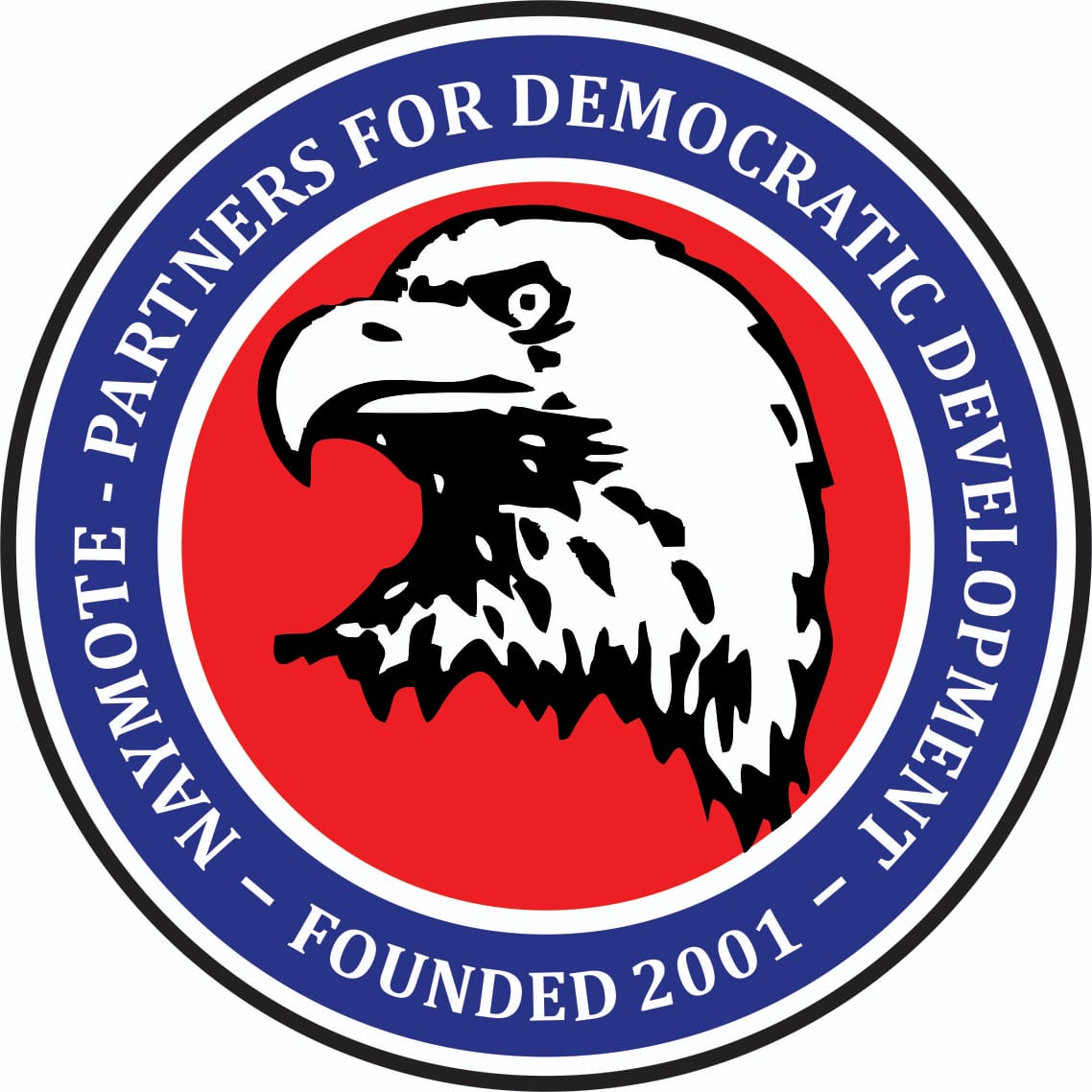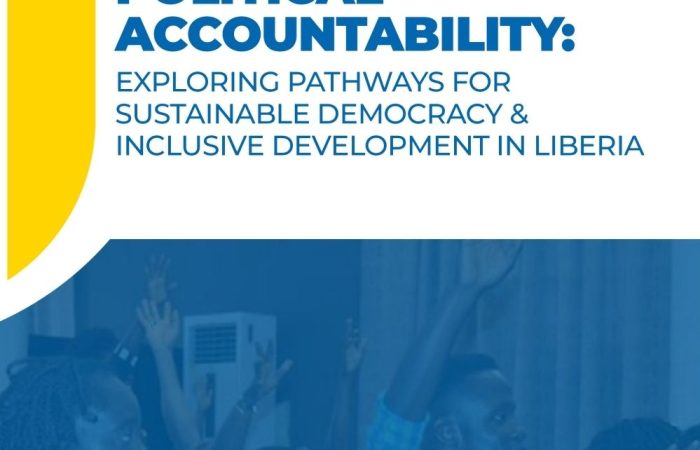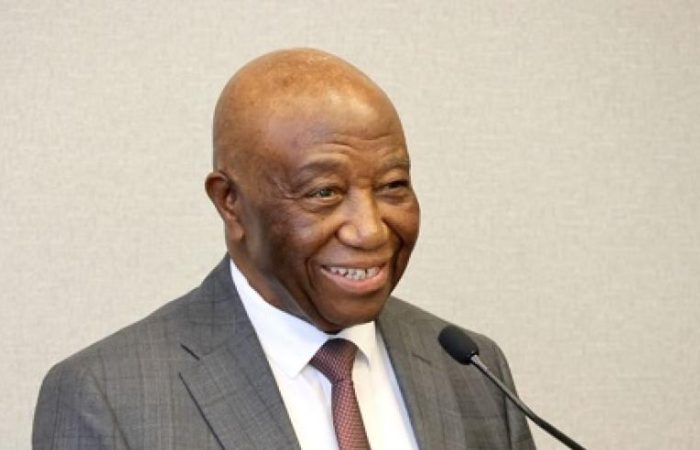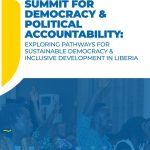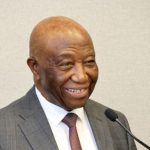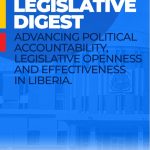The Naymote Partners for Democratic Development releases the fifth survey report assessing citizens perception on the quality of governance in Liberia.
Using a sample size of 3,185 (women 46% and 54% men) registered voters out of 2,183,629 registered voters from cross 46 electoral districts of out 73 within the 15 counties participated in the survey.
Respondents between ages 18-35 constituted 54%, 36-50 years constituted 41% and 50 above 6%, this mean younger people participated in the survey. 35% of respondents were business people, 30% were self-employed, 12 % farmers, 10% government employees, while 89 % of the respondents were high school and college students.
Of the 3,185 registered voters interviewed, 64% of respondents think the country is going the wrong direction, 13% said the country is somehow going in the wrong direction while 9% said the country is going right direction, 12% said the country is somehow going in the right direction, and 2% of the respondents said they don’t know.
70% of the respondents describe the current economic condition in the country as poor, while 14% describe the current economic condition as very poor, 2% of the respondents describe the current economic condition in the country as good, while 1% describe the current economic condition in the country as very good, 13% of the respondents describe the economic condition in the country as fair and 9% don’t know.
The results further showed that respondents are satisfied with the way democracy is working in Liberia. 74% of the respondents said they are satisfied with the way democracy is working in the country, while 6% said they are very satisfied with the way democracy is working, 19% are not satisfied with the way democracy is working in the country, 1% said they don’t know.
85% of the respondents said they have not attended any meeting organized by a government official while 13% have attended meeting organized by a government official and 2% don’t know.
44% of respondents rated their lawmakers performance as poor, 30% rated their lawmaker’s performance as fair and 25% rated lawmakers’ performance as good, while 1% said they don’t know.
86% of the respondents said they do not approve the president appointing local leaders or chiefs in their district while 11% said they approve the president appointing local leaders and 3% of the respondents said they don’t know.
The Armed Forces of Liberia (AFL) is rated as the most trusted security agency in Liberia. 61% of the respondents said they trust the AFL, 32% said they fairly trust the AFL, while 4% don’t trust and 3% said they don’t know. 46% of respondents said they trust the Liberia National Police 29% said they fairly trust the LNP while 25% said they don’t trust the police.
21% of the respondents said they trust the Liberia Immigration Services, 53% of the respondents said they fairly trust the LIS and 26% of the respondents don’t trust.
The Liberia Drug Enforcement Agency is the least trusted security agency in Liberia as 72% of respondents don’t trust the DEA, while 18% fairly trust the DEA and 10% trust the Liberia Drug Enforcement Agency.
Generally, respondents rated government performance in handling the economy as poor, job creation as poor, improving living standard of Liberians as poor, keeping prices stable as very poor, improving health services as poor, addressing educational needs of citizens as fair, fighting corruption as very poor while addressing infrastructural development/road was rated as fair, addressing youth needs rated fair, addressing youth needs as fair, addressing women needs as fair.
While each district showed differences in what are the most important problems facing the country and that the government need to prioritize, the respondents generally identified the economy as priority number one that the government must addressed follow by education, health, infrastructure development/road and unemployment.
The Executive Director of the Naymote Partners for Democratic Development, Eddie Jarwolo said, the results of this survey reflect the perception of the respondents. It has no views, choices or perception of the enumerators and the management of his organization. This is simply an exercise organized to assess citizens’ perception on the quality of governance in Liberia. His institution strongly believes that this report will help strengthen democratic governance and public service in Liberia.
The institution was established in 2001 by student’s leaders and activists and has been one of the leading national institution promoting democratic governance, peacebuilding and civic engagement in Liberia. The institution is a member of the World Movement for Democracy, the World Youth Movement for Democracy, the African Movement for Democracy and the National Civil Society Council of Liberia. The survey was undertaken with technical support from the Center for Democratic Governance through a grant support from the National Endowment for Democracy. Click link to download the full report (Final Fifth Survey Report 2018-05).

